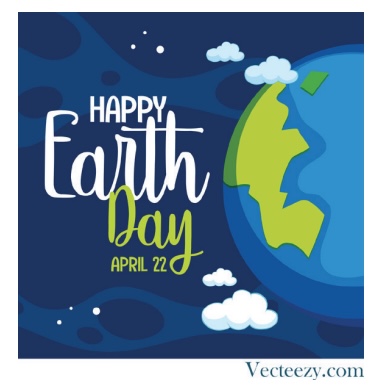How often do you think about soil? Of course, this time of year, gardeners and farmers have studied the soil in their backyards and fields, deciding what they need to do to make it yield the best and largest crops of flowers and vegetables.
But how often do you really think about this fundamental, complex, ubiquitous, essential ingredient of life on Earth? And think about that year-round, not just in spring?
Jeff Evans does. And he’s worried.
“You and the soil are not separate things. The words ‘humus’ and ‘human’ are rooted in ‘soil,’” he said.
“Once you see the soil as part of you, the source of your body, you love it like yourself, you defend it, you are offended when someone harms it or treats it like a thing, a commodity to deplete for their own pleasure.”
Evans, an architectural consultant who’s lived in Manitou Springs since 2006, heard of the Save Soil movement about two years ago.
Sadhguru, an India-born yogi, mystic and visionary who has worked for decades to raise consciousness around the world, realized that many of our problems stem from soil that has been depleted of nutrients.
He realized that famine, climate change and civil conflict are symptoms of our tired Earth (the planet) and earth (our soil). Our home has given and given countless gifts to the human race for millennia, and we haven’t given enough back.
On the Save Soil website, consciousplanet.org/en/save-soil, Sadhguru calls soil “the only magic material that turns death into life.”
Sadhguru established Save Soil with the mission of:
● Turning the world’s attention to our dying soil;
● Inspiring about 4 billion people (60 percent of the world’s electorate of 5.26 billion) to support policy redirections to safeguard, nurture and sustain soils; and
● Driving national policy changes in 193 nations toward raising and maintaining the organic content of soils to a minimum of 3-6 percent.
“You take organics content out of soil and it becomes sand. When you add organic content, it becomes alive. There are as many organisms in a tablespoon of soil as there are people on the planet,” Evans explained.
This is a human issue. – Jeff Evans
According to the Save Soil website, 52 percent of the world’s agricultural soils are already degraded. A 2011 Scientific American study concluded that we would have to eat eight oranges to get the same amount of Vitamin A as our grandparents did with one.
It quotes a United Nations study finding that 74 percent of the world’s poor are directly affected by soil degradation. And the Food and Agriculture Organization, a UN agency, found in 2019 that 95 percent of the food we eat comes from the soil.
About 12 million hectares (almost the size of Greece) of topsoil are lost every year around the world. And it’s not about a water shortage, Evans said.
“We don’t have a lack of water. No, we have a lack of water consciousness. The amount of water on our planet doesn’t really grow or deplete,” he said.
The website also cites a U.S. Department of Agriculture study that found an increase of 1 percent of organic matter in the top six inches of soil retains an additional approximately 20,000 gallons of water per acre.
Sadhguru and Save Soil volunteers around the world advocate for a three-pronged approach: incentivize farmers to increase organic matter; make carbon credits accessible to farmers; and provide preferential marketing for produce from soil with higher organic matter.
Sadhguru has traveled the world and spoken to leaders of nations, religious entities and the United Nations.
The website touts the productive results of his work: 81 nations have created Save Soil policies and 3 million children in 63 countries have contacted their elected officials.
“This isn’t a political issue. This is a human issue. On a practical level, it is a policy issue,” Evans said.
To that end, he sent Save Soil information to Manitou Mayor John Graham. The mayor studied its goals and accomplishments, and decided that Manitou should join cities around the world in supporting the program.
At the April 2 City Council meeting, Graham declared that April 5 is Manitou Springs Save Soil Day.

“You start to understand the value and the merit and the sanctity and the Divinity, the sacredness of what makes this project work,” Evans said.
What can we all do? To start, check the Save Soil website for ideas.
For Evans, supporting Save Soil means having a backyard garden, rain barrel and compost bin, and talking to friends and neighbors about it. And it will just spread from there.
“We must understand that soil desertification is not happening to us, we are letting this happen. There has never been a time when people are more connected and capable of doing what needs to be done,” Evans said.
